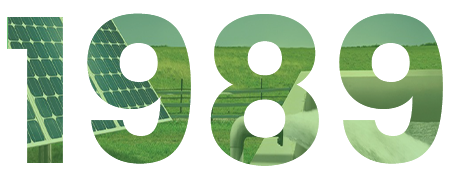In the field of solar water pumps, products with different voltages are suitable for different scenarios. As a professional
solar surface pump manufacturer, an in-depth understanding of the differences between 12V, 24V, and 48V
solar water pumps (12V solar water pump, 24V solar water pump, 48V solar water pump) can help you make more appropriate choices for application scenarios such as agricultural irrigation.
First of all, voltage refers to the potential difference required for the operation of
solar water pumps. It determines the relationship between current and power in the system, and is crucial to the performance of the water pump and the selection of supporting equipment.
The main differences between these three voltage solar water pumps are reflected in many aspects.
12V solar water pumps
From the perspective of solar panel configuration, 12V solar water pumps are usually adapted to lower-power solar panels; usually, only a small-power panel is required. It is suitable for small and low-power scenarios, such as small home garden irrigation. Its advantages are low cost and a relatively simple system; its disadvantages are limited usage scenarios, and low-voltage
solar water pumps usually do not have high head, flow, and power.
24V solar water pumps
24V solar water pumps are adapted to larger power solar panels, Suitable for small-scale
agricultural irrigation or small commercial water use scenarios. Compared with the 12V system, 24V has a smaller current when transmitting the same power, lower line loss, can support longer distance transmission, and has better system stability, but the cost will increase.
48V solar water pumps
48V solar water pumps are usually paired with more powerful solar panels and are often used in scenarios with higher water volume and head requirements. Because the voltage is higher than 24V, the current is smaller, and the transmission loss is further reduced, it can support the operation of higher power equipment and improve work efficiency, but the system is more complex, the initial investment will be larger, and needs higher power panel.
Selection
When selecting, if the irrigation area is small, the water demand is low, and the budget is limited, the 12V solar water pump is the best choice; for medium-sized agricultural Irrigation or scenes with certain requirements for stability, 24V is more suitable; for larger irrigation projects, the pursuit of more efficient and longer-distance transmission applications, 48V solar water pumps should be given priority; if you need to use it in large-scale agricultural irrigation and other application scenarios, please choose a larger voltage 72V or 110V
solar water pump.
In short, according to actual needs and budget, comprehensive consideration of voltage differences can help select the most suitable solar water pump to achieve the goal of efficient and energy-saving water use. 

